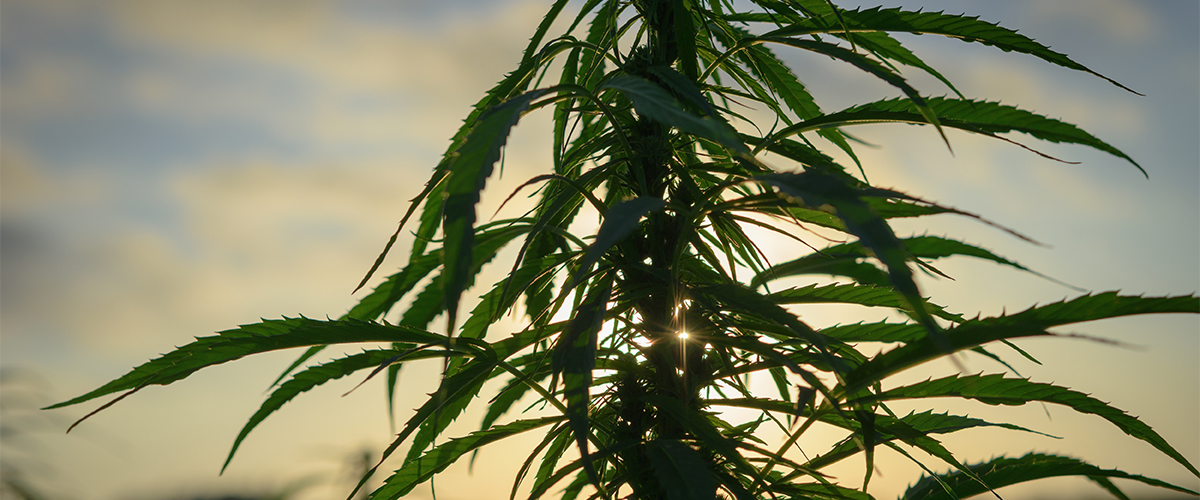[vc_row][vc_column][vc_column_text]
Kentucky lawmakers are leading the fight to federally legalize hemp, which was once a big cash crop for the Bluegrass State.
Kentucky is currently the leading industrial hemp-producing state in the United States, taking advantage of Section 7606 in the 2014 Farm Bill that allows the growing of the crop for research and pilot projects. At one time, hemp was a big cash crop for Kentucky, where farmers produced 40,000 tons in 1850. Now the Bluegrass State is leading the effort to legalize the versatile crop, as multiple Kentucky lawmakers have sponsored a piece of federal legislation that will end hemp prohibition nationwide — the Industrial Hemp Farming Act of 2017.
“A lot of older folks here remember their parents growing it on their farms,” said Kentucky Rep. Thomas Massie, a co-sponsor of the bill, recently told Motherboard. “There’s not this opposition from older conservative voters in Kentucky that you might see in states that aren’t familiar with hemp.”
Hemp has a long history in America, but has been prohibited since 1970 when the federal government blanket-banned all forms of cannabis. The crop contains an average of less than 1 percent tetrahydrocannabinol (THC), the psychoactive compound of cannabis, making it impossible for the plant to elicit a high. Instead, hemp has more than 25,000 product applications, including textiles, paper, food, body care supplies, and nutritional supplements. One of its primary compounds, cannabidiol (CBD), has shown in over 23,000 studies to interact with the body’s natural systems.
The nation’s hemp market is estimated to be worth $688 million. Because commercial hemp cultivation remains illegal, the crop must be imported, hindering economic potential for domestic farmers.
The Industrial Hemp Farming Act of 2017 (H.R. 3530), sponsored by a bipartisan group of lawmakers, including Kentucky’s Massie and Rep. James Comer, calls for treating hemp like corn, wheat, and other traditional farm crops. It would remove all federal restrictions and prohibitions that inhibit commercial hemp cultivation.
Two bills that would have legalized hemp federally were introduced in 2015, but both died in committee.
“Before I was the sponsor of [the hemp bill], Ron Paul was the sponsor, and I’ve carried the bill for two years and I passed the torch to James Comer,” Massie said. “He has modified it some to be more copacetic for [Chairman of the House Judiciary Committee, Bob] Goodlatte and the law enforcement community. I think that’s another reason it may get over the finish line.”
Comer was Kentucky’s Commissioner of Agriculture in 2013, giving him the position of leverage he needed to insert the industrial hemp amendment in the 2014 Farm Bill that allows states to pass laws permitting production for research and pilot purposes. Kentucky is one of over 30 states that have done so. Farmers planted 33 acres that first year, and every year the state’s program has multiplied. Kentucky farmers grew 4,500 acres in 2016 and are slated to cultivate 12,000 acres this year.
An official from Kentucky’s Governor’s Office of Agricultural Policy has said he believes that Kentucky’s hemp market has strong commercial potential, and hopes it will eventually help compensate for the economic hit farmers have taken with the downfall of the tobacco industry.
Learn more about hemp and its current legal status in the U.S. by visiting our education page.[/vc_column_text][/vc_column][/vc_row]






